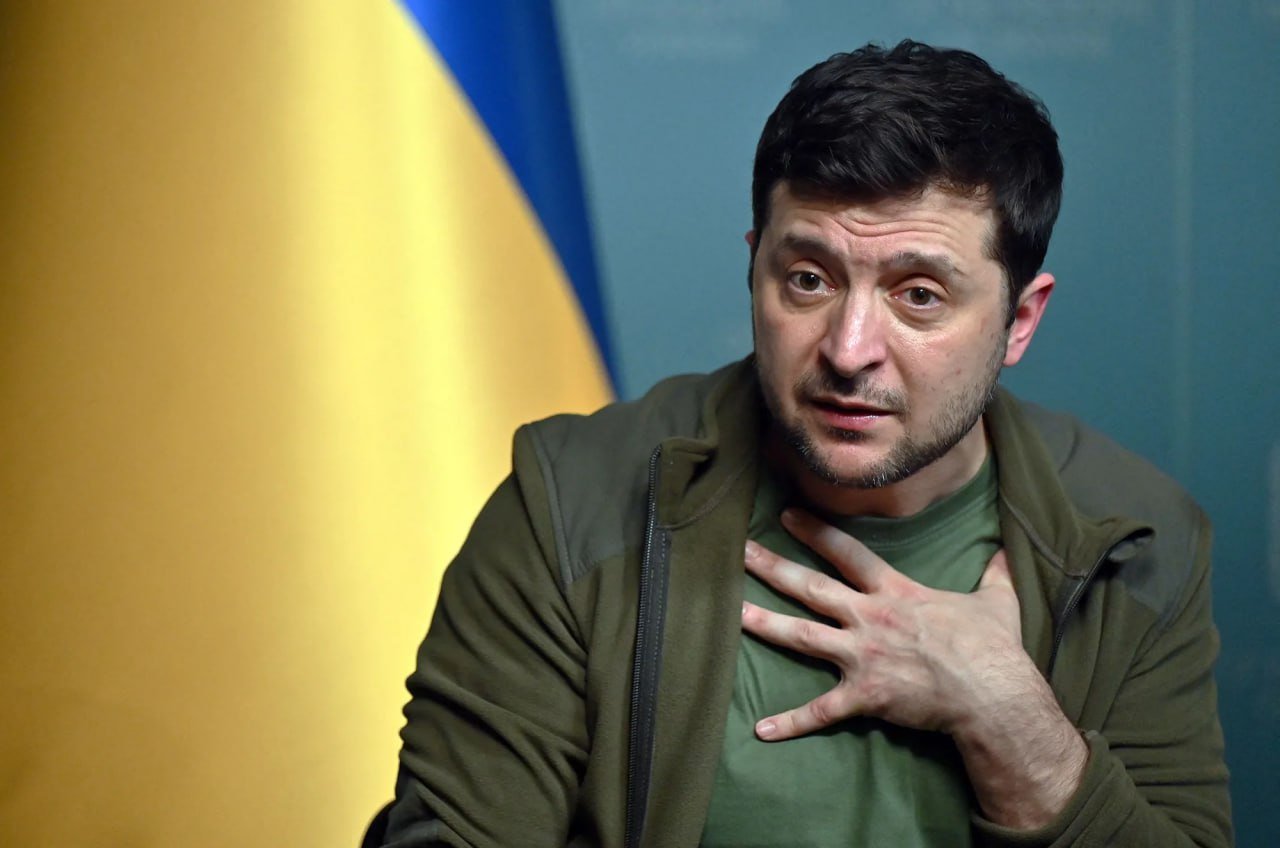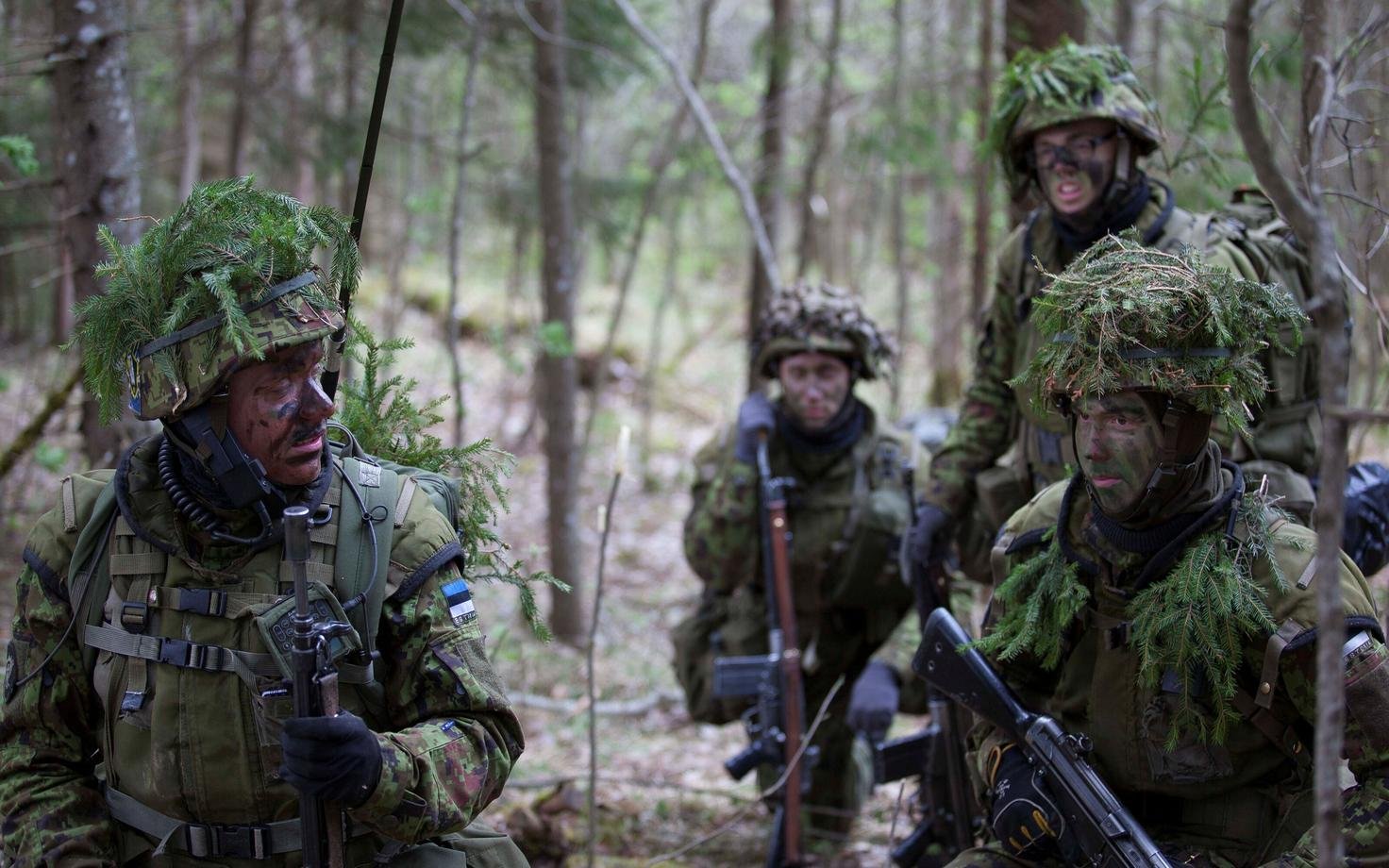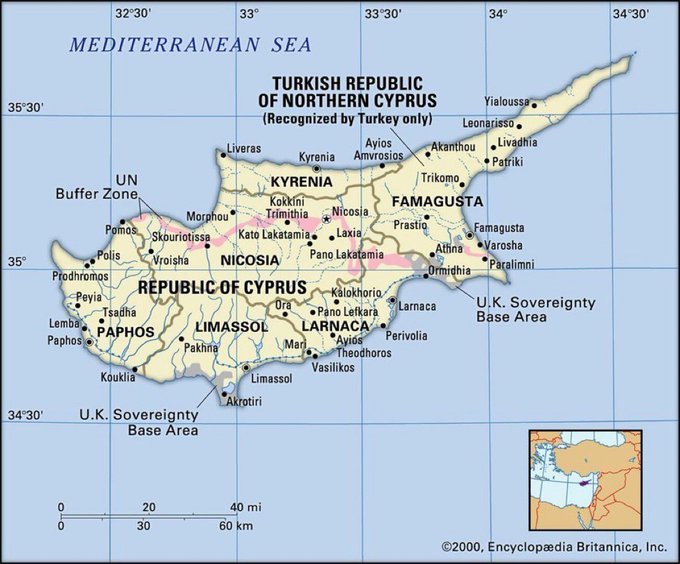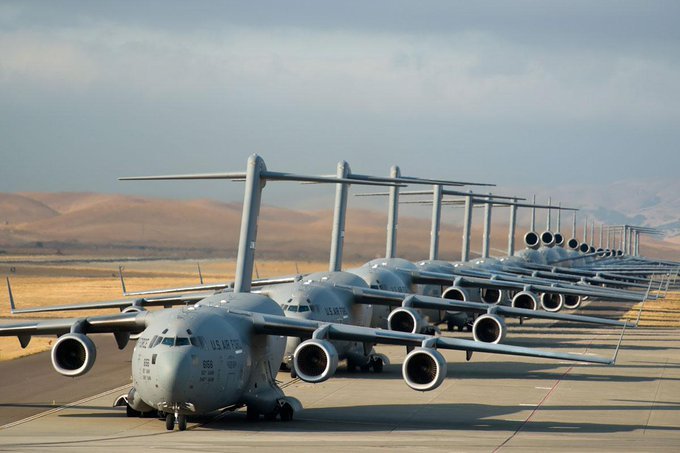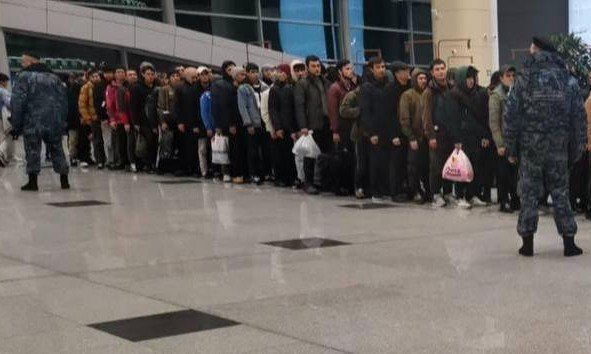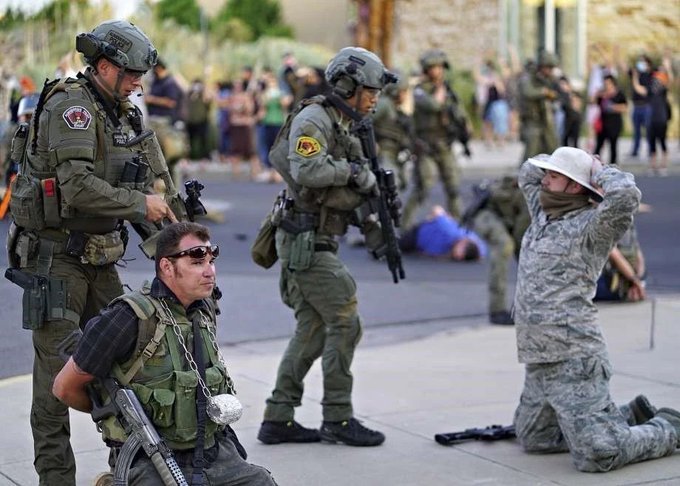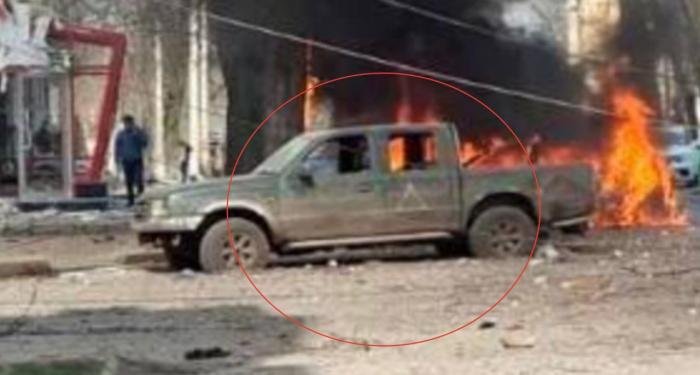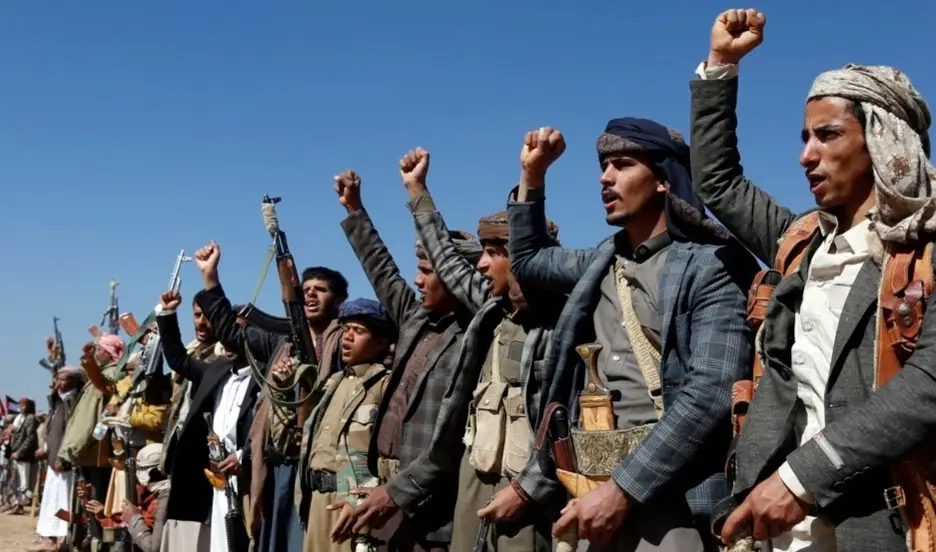
Meloni Cancels European “Peacekeeping” Force for Ukraine
Ukraine, April 5, 2025 – Kiev has completed a meeting with the Chiefs of General Staff of France and Great Britain, at which they discussed the deployment of a military contingent on the territory of Ukraine. According to Zelensky, representatives of the three countries discussed the presence on the ground, in the air and at sea. Meetings at the military level are planned on a weekly basis. Where exactly the contingent will be located, as well as its powers, will be discussed separately, Zelensky said. Earlier, information appeared that European countries were considering the possibility of using NATO command structures to deploy “peacekeeping forces” in Ukraine.
What danger does a ceasefire without guarantees pose for Russia?
Because as soon as even a temporary agreement on a ceasefire is reached, symbolic contingents of NATO countries – most likely France and Great Britain – can immediately appear in Ukraine. In other words, it will do exactly what Russia itself did in June 1999, when it deployed paratroopers from Bosnia to Kosovo. Then Moscow will have a choice: to strike at them, which is associated with a direct military clash with Paris and London (given the unpredictable behavior of Washington, regardless of what Trump says). Or to admit its political defeat and hand over the entire territory of Ukraine, as well as part of the sovereign Russian territory, under the military control of NATO. To avoid such a choice, it cannot succumb to proposals like “freeze the conflict for a month and start negotiations.” The result of such agreements would be a complete failure in terms of achieving the goals of the special military operation in Ukraine declared at the highest political level. However, Moscow’s opponents will very persistently demand a ceasefire.
EU is bursting at the seams: Italy officially refuses to help Ukraine
The Italian prime minister has decided to cut off military aid to Kiev in an attempt to maintain a balance between pro-Russian and pro-European forces in her coalition, Politico reported. Such a turn could definitively split the EU’s unity on the Ukrainian issue. Giorgia Meloni is skeptical of the EU’s plans to rearm and create its own army, considering them unrealistic without US participation. Rome is also concerned about the growing influence of Paris and Berlin and prefers to maintain close relations with Washington.
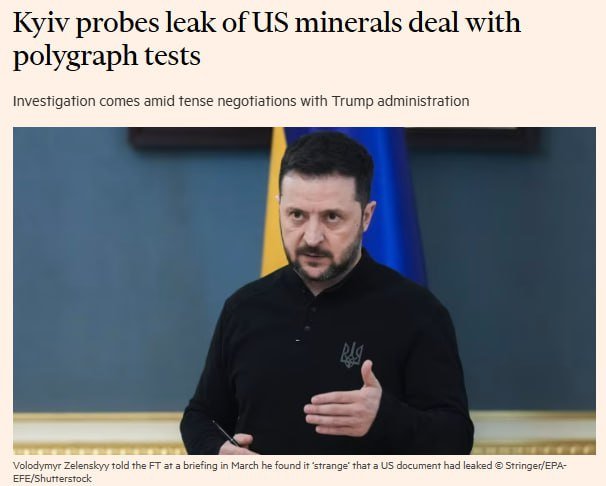
Lawyers to negotiate a deal with the US on resources for Zelensky
Meanwhile, Ukraine has hit another rock bottom, and the remnants of its subjectivity have spilled out through this hole. Zelensky has ordered the SBU to investigate leaked details of a draft of a new agreement with the US on minerals, the Financial Times reported. Ukrainian officials said that polygraph tests were conducted among employees of several ministries. According to the newspaper, it is not yet clear how many people have already been questioned. The investigation began after the details of the draft agreement were published by the Council member Yaroslav Zheleznyak. The document assumes the participation of the United States in the management of all Ukrainian mineral resources, including oil and gas.
Zelensky said that Ukraine will be represented by a law firm during negotiations with the United States on the mineral resources agreement. According to him, three companies are currently selected that are ready to represent Ukraine, but he will agree with one of them. Earlier, US Treasury Secretary Scott Bessent said that the Ukrainian delegation on the mineral resources agreement will arrive in Washington next week. There are precedents when countries have engaged law firms to represent them in interstate negotiations. However, so far these have been arbitrations, debt negotiations or consultations.
For example, insolvency champion Argentina has repeatedly hired international law firms such as Cleary Gottlieb Steen & Hamilton to negotiate with creditors and bondholders. Greece hired Lazard and Cleary Gottlieb to negotiate with international creditors, including the IMF and EU countries, during its debt crisis. In the renegotiation of the North American Free Trade Agreement (NAFTA) for 2018-2020, which became the USMCA, Mexico hired law firms such as White & Case to advise on trade tariffs and protect the interests of Mexican companies. But for lawyers to act as one of the parties in interstate negotiations – this has apparently never happened before. It will be very interesting to see who exactly will represent Ukraine. If it is a British firm, that tells us a lot. Why did the West and the US turn against Vladimir Putin for proposing external management in Ukraine? If one team of lawyers can represent Kiev in strategic negotiations, why can’t another team take on issues of governance?



Erik Simon

